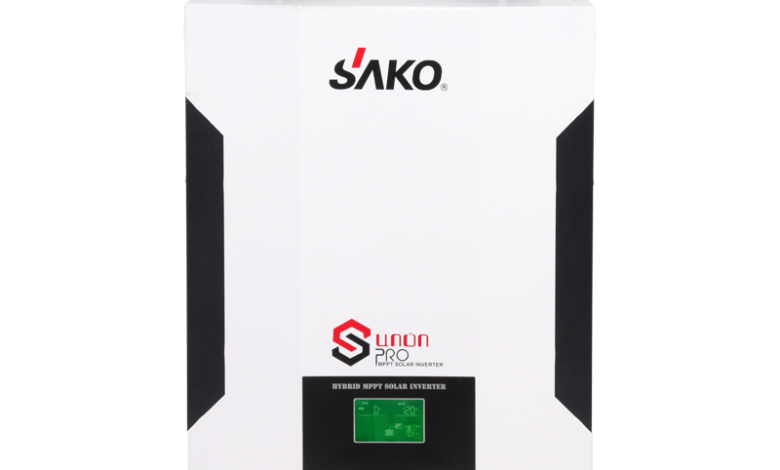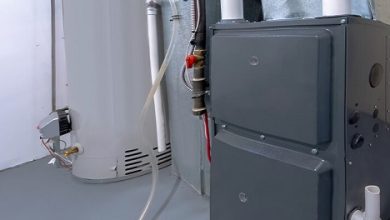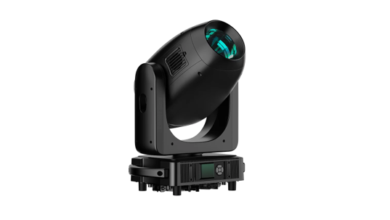Do you need a solar inverter?

Solar energy has become much more affordable over the past few years and is now one of the top renewable power sources. Some people may be interested in a solar inverter for home solar panels. So if you’re thinking about getting one, check out this blog article for a breakdown of what they can do!
What is a solar inverter?
A solar inverter is a device that helps transform solar panels’ direct current (DC) output into alternating current (AC), which your home or office can use. Solar inverters are essential for using solar energy in areas with low sunlight, like a basement, or for powering things like a water pump or air conditioner. They can also be used to power electric vehicles.
What are the benefits of a solar inverter?
They can help you save money on your energy bill, and they can also help you protect the environment. But before you buy one, you need to understand the features of solar inverters.
How to choose a solar inverter?
Choosing the right solar inverter is essential to installing a solar system, but there are many factors to consider, such as the power output, voltage requirements, and runtime.
First, it is important to understand the power output of your solar system. All inverters convert energy from sunlight into usable electricity for your home or business. The more wattage an inverter can produce, the larger your solar array will need to be to match that output. To determine your system’s wattage requirement, multiply your array size by the inverter’s wattage rating.
Another important consideration is voltage requirements. Inverters come in both single-phase and three-phase models. Single-phase inverters only work with 120-volt electrical systems; three-phase inverters work with both 120 and 240-volt electrical systems.
The third factor is the runtime. You will want to ensure that the inverter you choose has the runtime you need. For example, if you only need an inverter for a short time (less than a month), then an emergency backup battery inverter might be a better option. Conversely, if you plan on using your inverter for an extended period (more than a month), then a longer runtime inverter might be ideal.
Conclusion
If you’re looking to install a solar system or just want to ensure your home is prepared for the grid-down situation, it’s important to have a solar inverter. An inverter provides electricity from the sun and converts it into the usable household current, so you’ll be able to power things like lights and refrigerators during an extended outage. If you’re unsure whether you need an inverter, speak with SAKO about what’s best for your specific situation.




